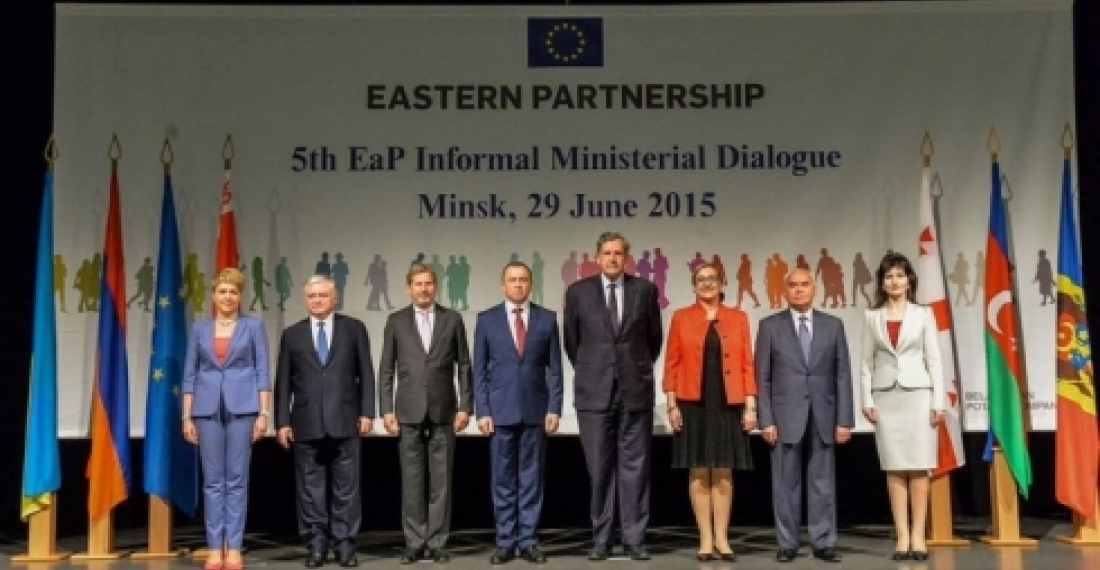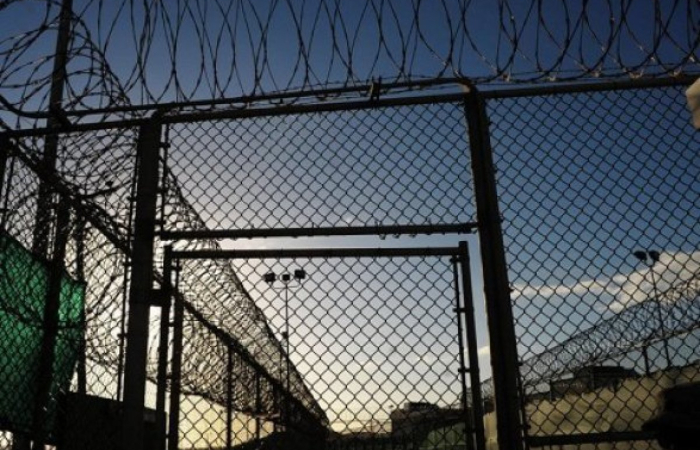The Fifth Informal Ministerial meeting of the Eastern Partnership countries has ended in Minsk, the capital of Belarus. The Eastern Partnership is an initiative that connects the European Union with its six Eastern neighbours: Armenia, Azerbaijan, Belarus, Georgia, Moldova and Ukraine.
EU Commissioner for European Neighborhood Policy and Enlargement Negotiations Johannes Hahn emphasised that differentiation will be an important element of the forthcoming review of the Eastern Partnership and that the EU respected the decision of those countries who decide not to seek association and further integration through the association agreements with the EU." said the Commissioner. The Belarus News Agency BelTA quoted Hahn as saying that at the same time, the EU is ready to cooperate with these countries within the framework of the Eastern Partnership Initiative, including by involving civil society in this process.
Johannes Hahn welcomed the participation of representatives of the civil society in today's meeting. He also noted that the EaP is one of the basic elements of relations of the EaP participating countries with the EU member states.
In addition, Johannes Hahn thanked the Belarusian side for organizing today's dialogue, which, in his opinion, will enable participants to deepen a common understanding of the situation. Such meetings provide opportunities for discussion.
The Ministers of Environment of the EaP countries also held a meeting to discuss issues of common interest. That meeting was also attended by the EU Environment Commissioner, Karmenu Vella..
The Secretary General of the European External Action Service Alain Le Roy stressed that the European Union conducts an open honest discussion with the EaP member countries. The European Commission remains loyal towards the partners for this initiative, which was reaffirmed at the Riga Summit.
In his view, over the past six years, the cooperation between the EaP member states and the European Commission has significantly intensified and progressed.
Among those attending the meeting were the Foreign Minister of Armenia, Edward Nalbandian, the Deputy Foreign Minister of Azerbaijan, Mahmud Mammed-Guliev, and the Foregin Minister of Georgia, Tamar Beruchashvili.
source: commonspace.eu with BelTA news agency, Minsk
photo: Family Photo of the 5th Informal Ministerial Meeting of the Eastern Partnership held in Minsk on 29 June 2015 (picture courtesy of the press Service of the European Union).






